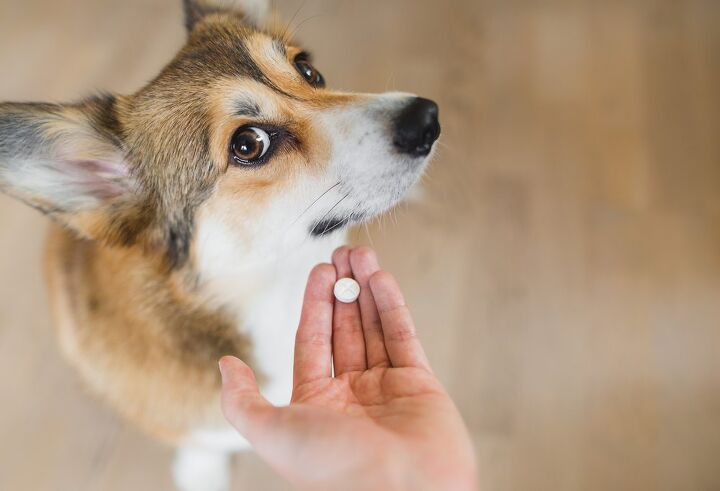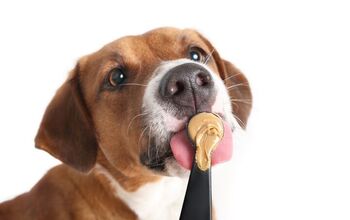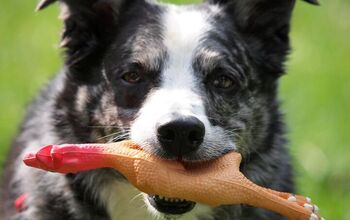Is Melatonin Safe For Dogs?

Melatonin is an important hormone, which is naturally produced in the pineal gland of the brain. It has numerous beneficial aspects, such as it can help regulate mood, sleep cycles, and reproduction. However, its production is directly stimulated by darkness, while it is inhibited by light. What does this mean? It means that both dogs and humans will produce melatonin only when it is dark outside. As soon as the dawn arrives with the light of day, melatonin production ceases. This means that many people will supplement melatonin, or use it throughout the day for various reasons. Which brings up the question - is melatonin safe for dogs? Let’s find out.
Is Melatonin Safe For Dogs?
Melatonin is generally considered extremely safe for dogs, and it is almost always safe to give it to them - when it is used appropriately and under the guidance of a veterinarian. While melatonin is used in humans for the above-mentioned reasons, for dogs it is usually used for treating various skin conditions, anxiety, or sleep disorders.
But even with all the positive aspects, it is necessary to first heed the advice of your veterinarian, before giving melatonin to your pet. This is because the proper dosage is important. The dose of melatonin administered depends on your pet’s size, weight, and overall health condition. Generally, veterinarians recommend starting with a low dose and gradually increasing it if necessary. Dosages typically range from 0.5 to 3 milligrams per dog, but this can vary. Mistake the dosage, and you risk a lot of side effects, like digestive upset, lethargy, and changes in mood or behavior.
What is more, melatonin might not be suitable for dogs with certain health conditions or those taking other medications. Because of this, it is always crucial to seek professional advice before administering any supplements or medications to your pet. Ignoring this can cause a lot of harm.
Once you get the vet’s “green light” to administer melatonin, you can choose from various options that are available. Today, melatonin comes in many forms, including tablets, capsules, liquids, and even chewable treats designed for dogs. The most popular option is melatonin chews due to ease of dosage and administration, but there are also some unique options out there, such as the mouthwatering peanut butter with melatonin which is a perfect way to hide the secret ingredient in a treat your pet already loves.
Of course, you should always keep an eye on your dog's response to melatonin, especially when just starting or adjusting the dosage. Watch for any changes in behavior, mood, appetite, or physical symptoms. If you have any concerns or questions, don't hesitate to contact your veterinarian. You should also keep in mind that melatonin can react in a negative way with some other medications or supplements your dog might be taking. Because of this, it is crucial to inform your vet about medications, supplements, or health conditions your dog has to ensure there are no potential interactions.
Ultimately, however, melatonin is undeniably helpful for dogs. Many dogs can suffer from anxiety, and melatonin supplements can help curb this and help them relax. It is also great for sleep disturbances, which can often trouble senior dogs. This and a host of other issues can be greatly reduced by regular supplementation of melatonin. Just talk to your vet first.

A proud mama to seven dogs and ten cats, Angela spends her days writing for her fellow pet parents and pampering her furballs, all of whom are rescues. When she's not gushing over her adorable cats or playing with her dogs, she can be found curled up with a good fantasy book.
More by Angela Vuckovic

























